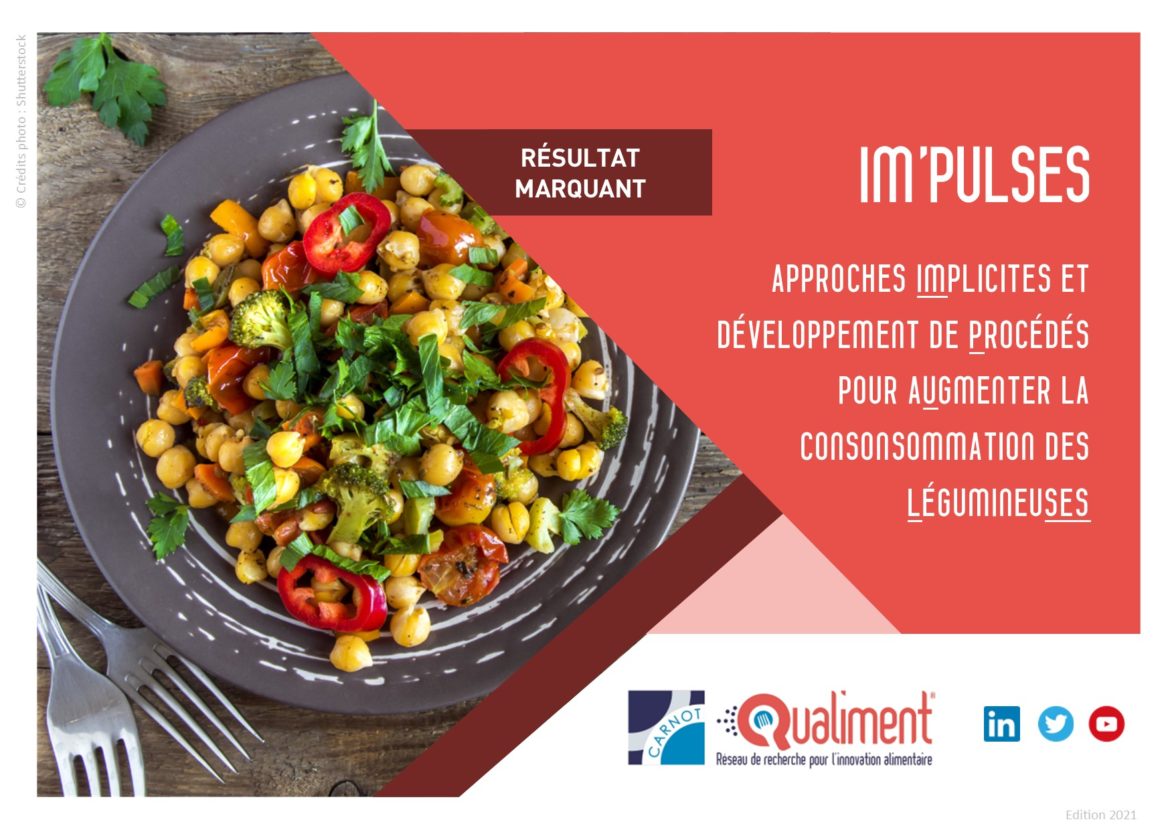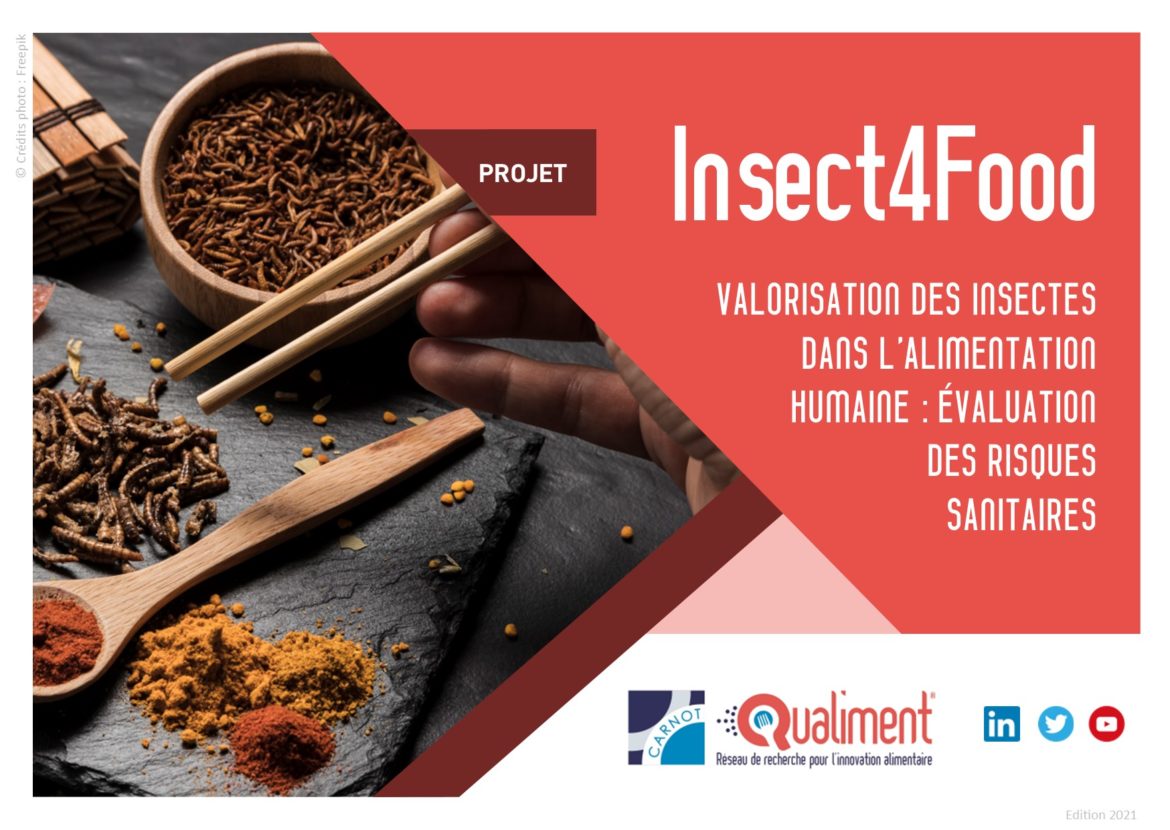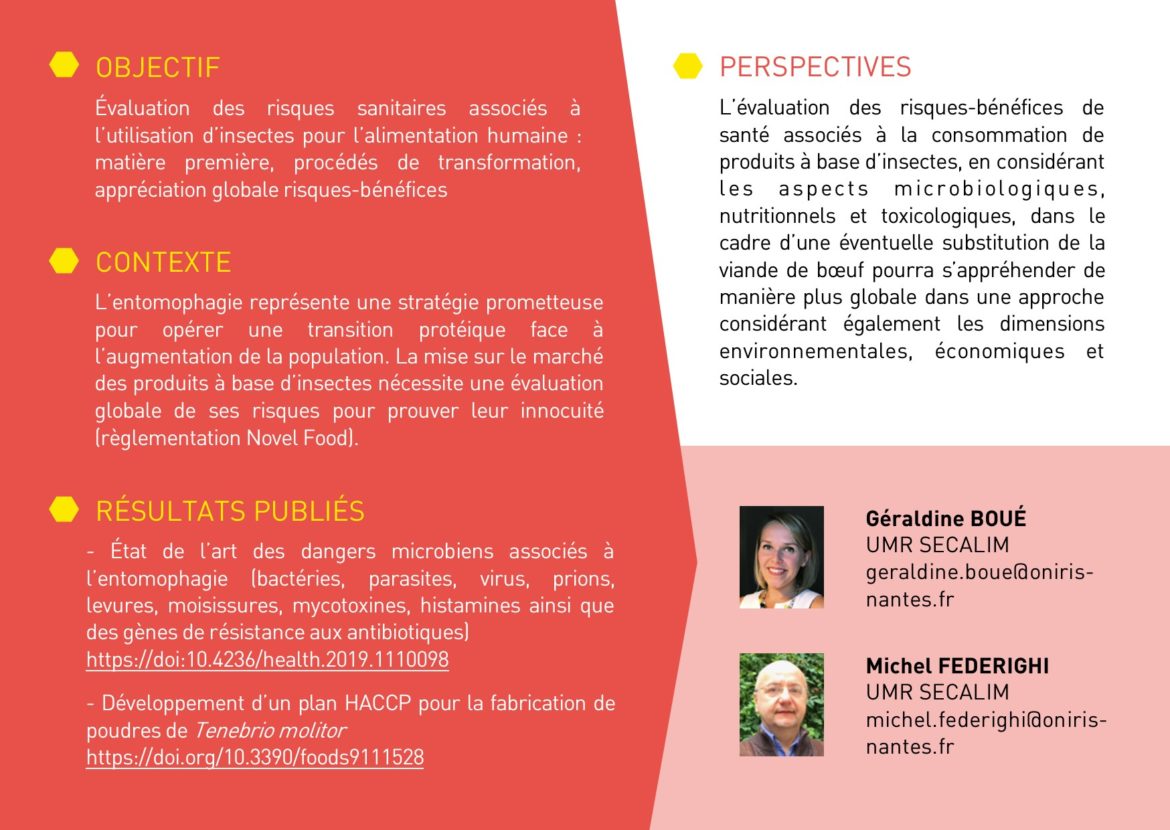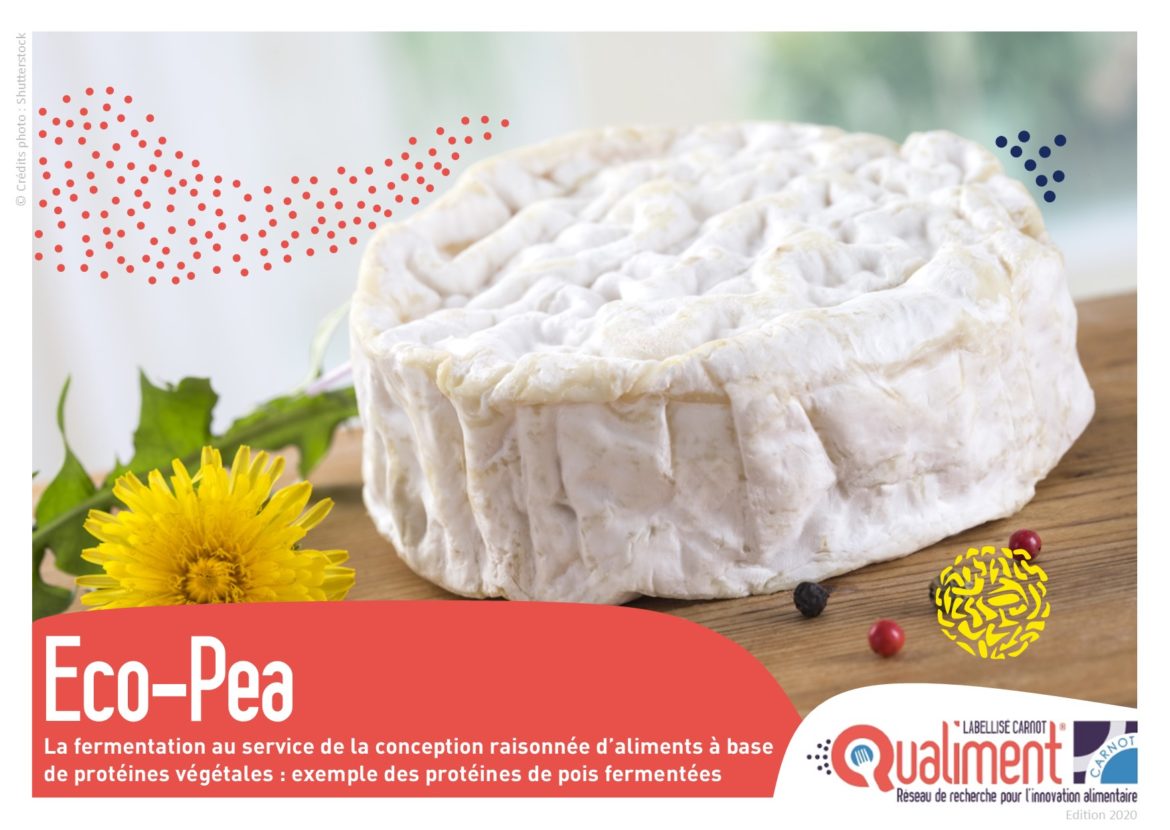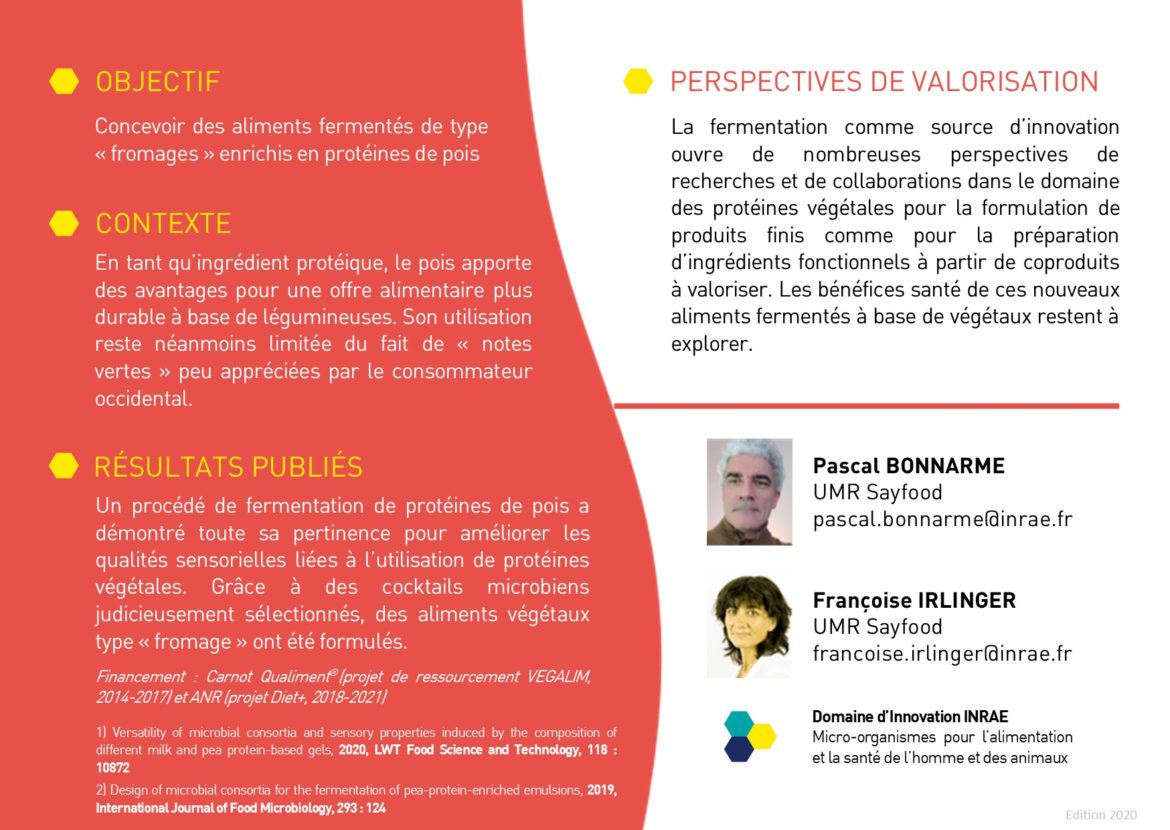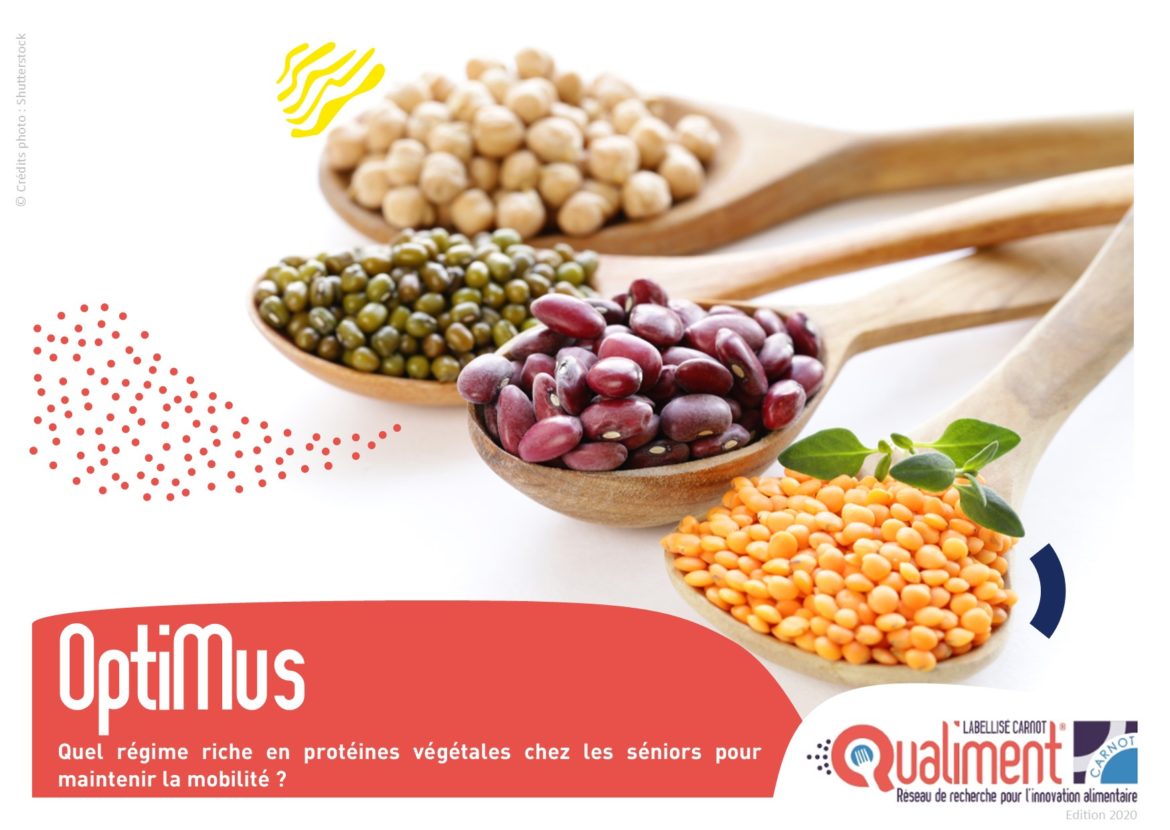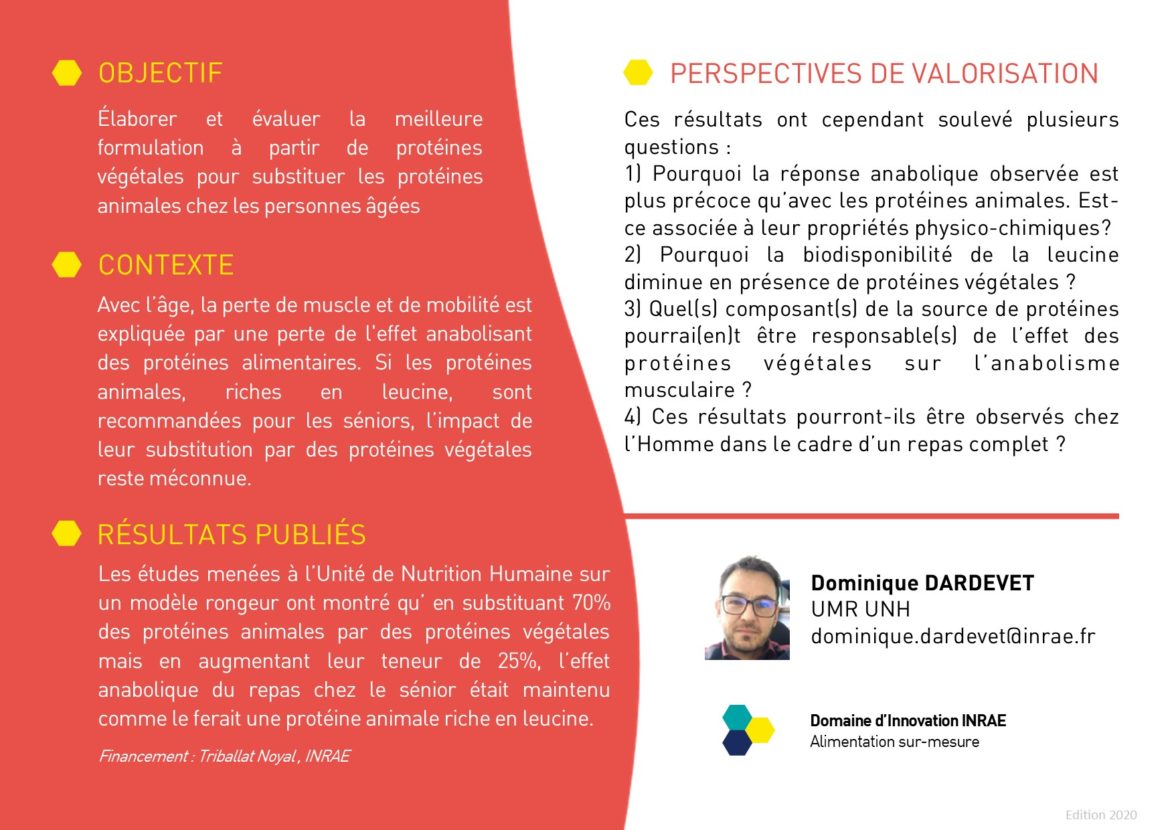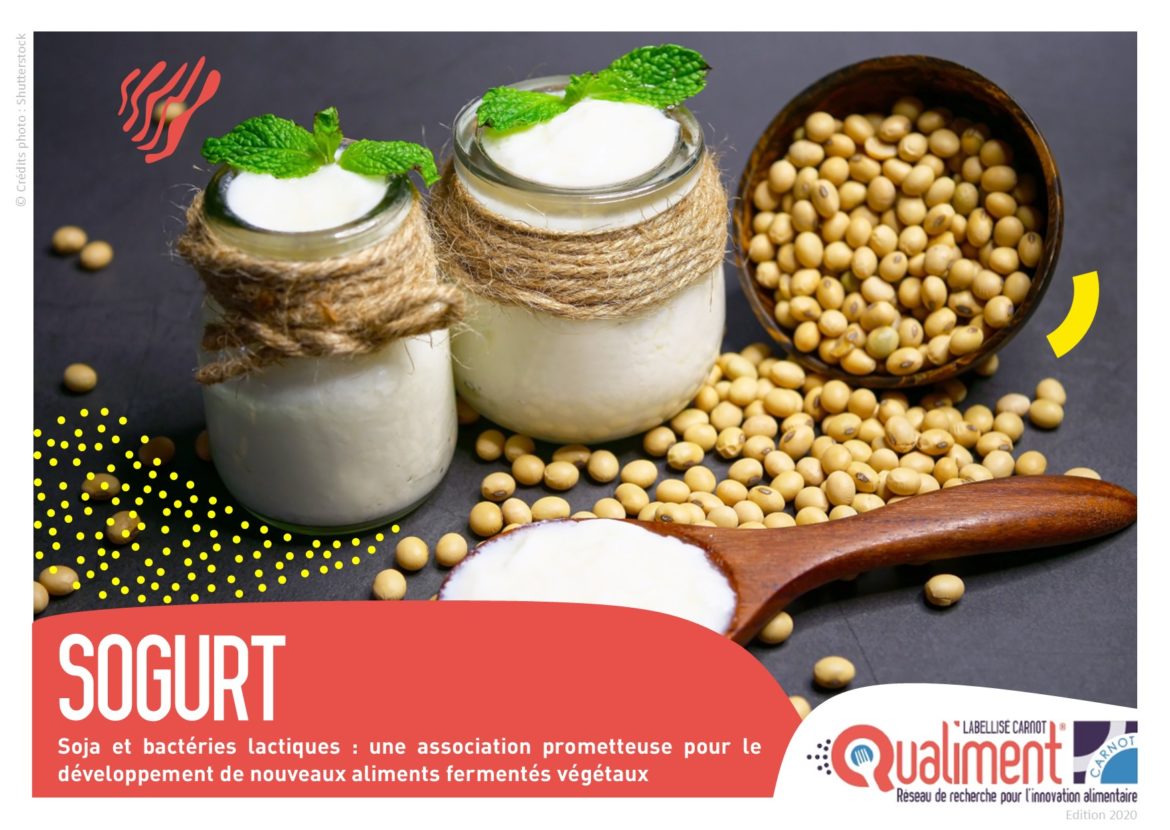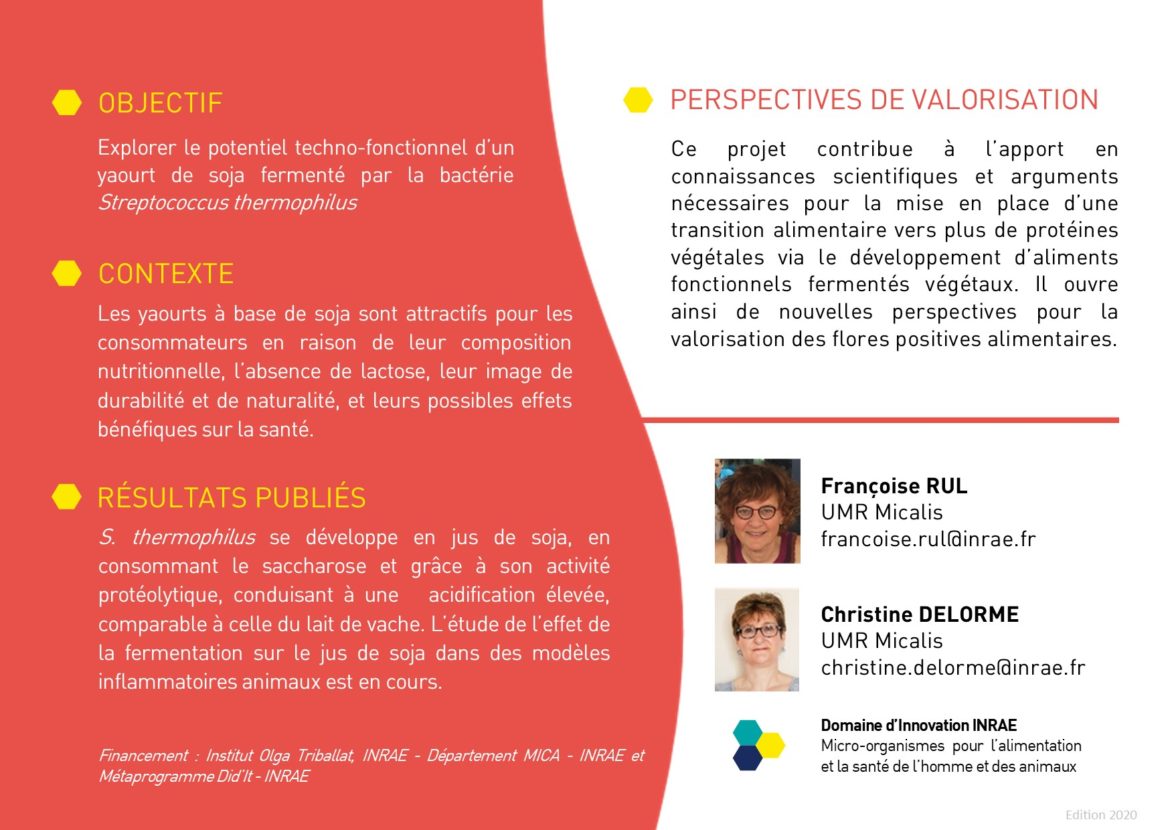New sources of proteins
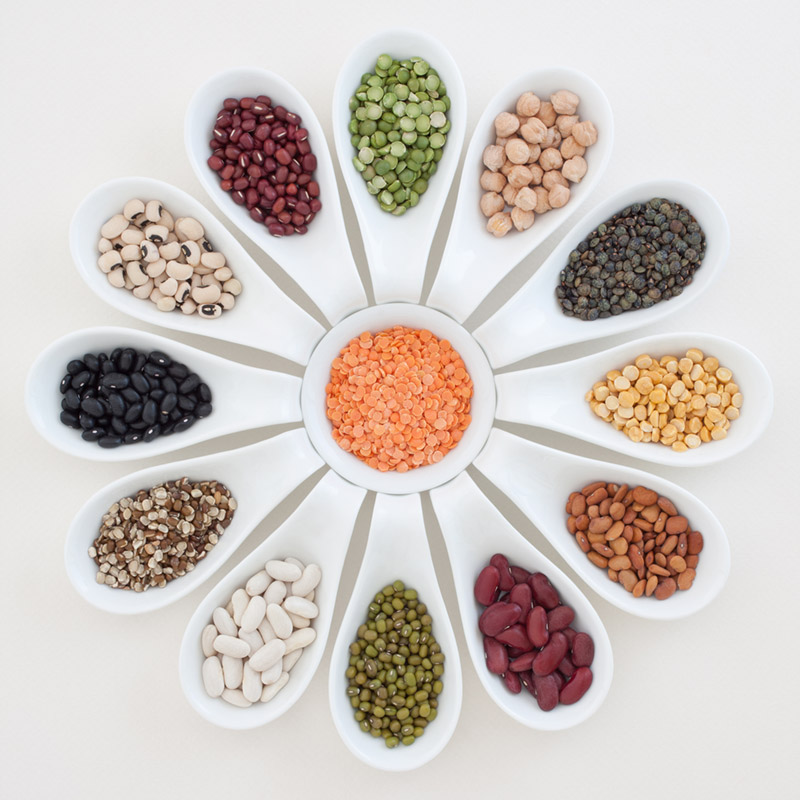 Context and challenges for business innovation
Context and challenges for business innovation
The context of strong demographic growth, combined with the global challenges of climate change and the nutritional transition, creates new pressures on natural resources and encourages more sustainable production. These tensions are particularly expressed at the level of world food, especially for the coverage of protein needs. Proteins are therefore a major issue for the coming decades, both for world food security and for the protein autonomy of livestock production systems. There are many reservoirs of innovation from traditional or emerging sources in this growing market.
Faced with these developments, a sustainable food solution envisaged on a global scale implies an increase in the proportion of plant proteins in the diet, but also the development of more original alternative sources such as algae, insects, micro-organisms or even those derived from biotechnologies. These issues create new opportunities in terms of research and development on nutrition and environmental issues, as well as cultural and economic issues. The challenge for the coming years will be to develop, using innovative processes, protein foods incorporating these new sources of protein (plant and other), offering good nutritional quality, attractive taste, and presenting no health risks (allergy, presence of contaminants, etc.).
Carnot's contributions to accompany them in their evolution
Thanks to its perfect mastery of research issues in process engineering, sociology and economics of food and the impact of food on consumer and animal health, INRAE, which carries the Qualiment® network labeled Carnot, was able to initiate a very innovative federating dynamic to become an international leader in research in the field of proteins, creating strong value.
Qualiment® members are particularly well positioned to study the functionalities (nutritional or physico-chemical) and acceptability of new proteins, whatever their origin, in continuity with their historical skills and the work already done on plant proteins. They have strong expertise in analyzing their extraction, their physicochemical properties in complex environments, their nutritional value and solutions to make them more palatable and acceptable to the consumer. These generic skills can be applied to characterize a protein offer in relation with food safety as well as products from biotechnologies and with higher added value.
Qualiment® has allowed the construction of a specific competence on the fermentation of new protein sources (vegetable, mixed, etc.), which opens a wide field of development of innovations around new health benefits, tastes and textures.
The evolution towards a less meaty diet is accompanied by a lower societal tolerance towards preclinical experiments. Qualiment® members anticipate this change by developing new methods for the qualification of potential health effects of structured foods, ingredients or probiotics, such as in vitro digesters or organoids.
Areas of expertise
 Background to date
Background to date
The obstacles to the consumption of pulses are largely related to their preparation, which is perceived as complex, to digestion difficulties, to bitterness and to their image as a food that is not very pleasant to consume in comparison with meat products. New treatments and cooking methods for legumes can be considered in order to reduce these inconveniences while improving their sensory acceptability. New sources of proteins such as insects, algae, mushrooms and yeast are also confronted with consumption barriers, notably due to a change in eating and tasting habits.
Challenges for business innovation
Several avenues exist to help professionals in the legume sector, around the development of equipment to facilitate cooking by improving digestibility and sensory properties, and the development of fermentation to meet consumer expectations in terms of sensory and nutritional quality of foods rich in plant proteins. The acceptability of new protein sources is a field that remains to be explored to develop their consumption.
Carnot's contributions to accompany them in their evolution
Qualiment®'s researchers provide solutions to make new protein sources more palatable and acceptable to the consumer. They are also working to better understand the obstacles linked to the consumption of these proteins in order to find solutions to overcome them. Carnot can accompany the protein actors in the implementation of a sensory reference system of proteins and in the development of formulations to the taste of the consumers.
 Background to date
Background to date
Qualiment®'s researchers provide solutions to make new protein sources more palatable and acceptable to the consumer. They are also working to better understand the obstacles linked to the consumption of these proteins in order to find solutions to overcome them. Carnot can accompany the protein actors in the implementation of a sensory reference system of proteins and in the development of formulations to the taste of the consumers.
Challenges for business innovation
For companies, this raises the issue of covering the needs of all populations by taking into account the most innovative qualitative criteria, with particular attention to seniors, people with high levels of physical activity or special needs.
Carnot's contributions to accompany them in their evolution
Qualiment®'s expertise can enable the development of new functional protein ingredients, used in high protein diets, meeting specific dietary needs such as muscle mass development for athletes, satiety for overweight people, the fight against muscle wasting and sarcopenia for seniors, and the renutrition of patients suffering from malnutrition.
In the field of health, the emergence of functionalized and customized proteins has led to a radical transformation of therapies, which are becoming more individualized and more complex.
 Background to date
Background to date
Animal proteins, plant proteins, insects, algae, are all sources to cover the protein needs on a global scale. The development of new products inspired by traditional processes opens up numerous application prospects in the field of plant proteins for the formulation of finished products as well as for the preparation of functional ingredients, even if the health benefits of these ingredients or foods remain to be explored.
Challenges for business innovation
In order to achieve quality foods, without additives, easy to use and responding to the nutritional and health issues of our society, the innovation challenges for companies relate to the development and optimization of fractionation, extraction and transformation processes, which play a major role in the technological, nutritional and organoleptic qualities of proteins.
Carnot's contributions to accompany them in their evolution
Qualiment® members have strong expertise in the analysis of nutritional or physicochemical functionalities of new proteins, as well as in the study of their acceptability by consumers.


